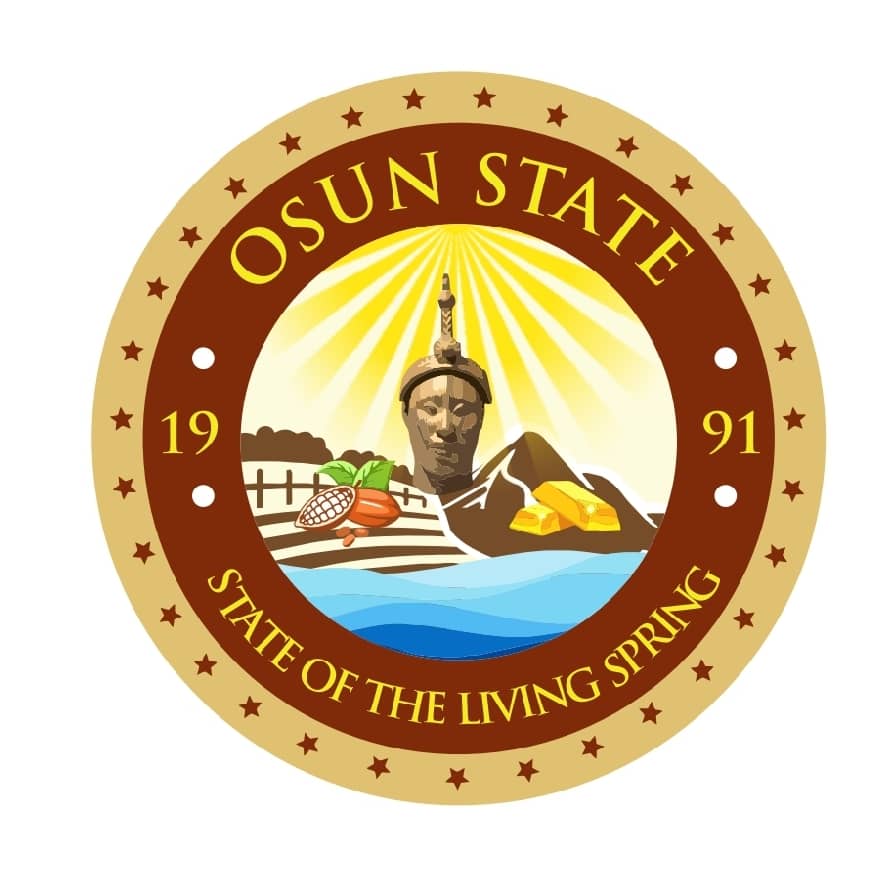Nigeria’s Inflation Rate Hits 33.69% Amid High Food Prices


Nigeria’s annual inflation rate rose to 33.69 per cent in April from 33.20 per cent in March, the National Bureau of Statistics (NBS) said.
It is important to note that inflation has been persistently on the rise since the beginning of President Bola Ahmed Tinubu’s administration in May last year.
In May 2023, inflation stood at 22.41 per cent, and it has steadily increased to 33.69 per cent in April this year.
The trend continued, with inflation rates of 29.9 per cent in January 2024, 31.70 per cent in February, and 33.20 per cent in March.
According to recent statements by the governor of the Central Bank of Nigeria (CBN), Olayemi Cardoso, the country’s inflation rate increased by 0.49 per cent month over month.
Cardoso explained that the apex bank’s Monetary Policy Committee (MPC) is committed to taking necessary measures to reduce rising inflation.
To achieve this, the MPC will persistently raise interest rates to 24.75 per cent in March.
The MPC meeting is scheduled for May 20 and 21, 2024.
In recent years, food prices have been on the rise across Nigeria. The situation deteriorated due to the impact of government policies such as the removal of subsidies on petrol, among others.
The upward trend in the prices of these staples and other products has weakened the purchasing power of many citizens, making it difficult for many households in the country to afford daily meals.
Nigeria’s naira has, on several occasions, plunged to record lows across both the official and unofficial markets amidst an increased forex demand and a surge in the prices of goods and services across the country.
This prompted the Nigerian government to put measures and reforms in place to safeguard the country’s foreign exchange market and combat speculative activities.


Sodiq Lawal is a passionate and dedicated journalist with a knack for uncovering captivating stories in the bustling metropolis of Osun State and Nigeria at large. He has a versatile reporting style, covering a wide range of topics, from politics , campus, and social issues to arts and culture, seeking impact in all facets of the society.










